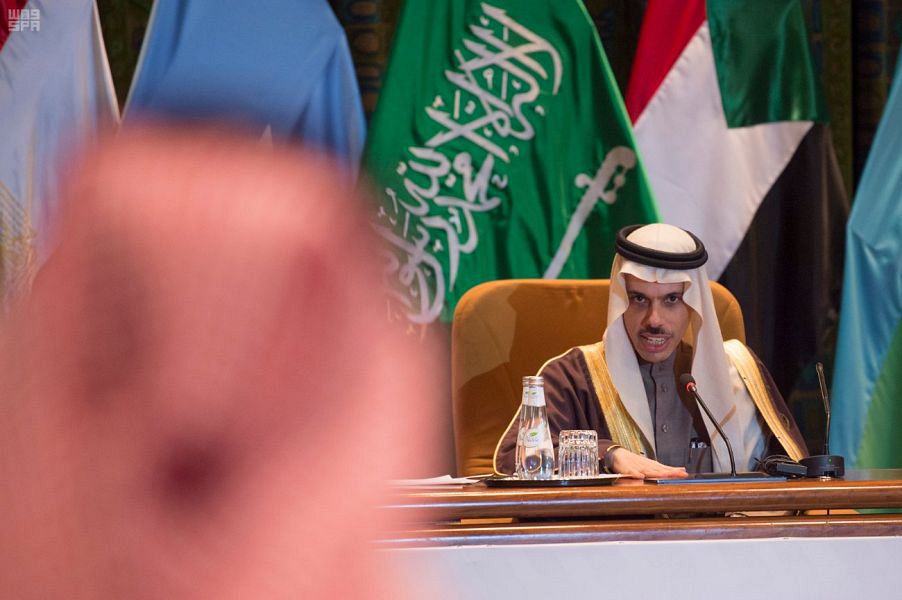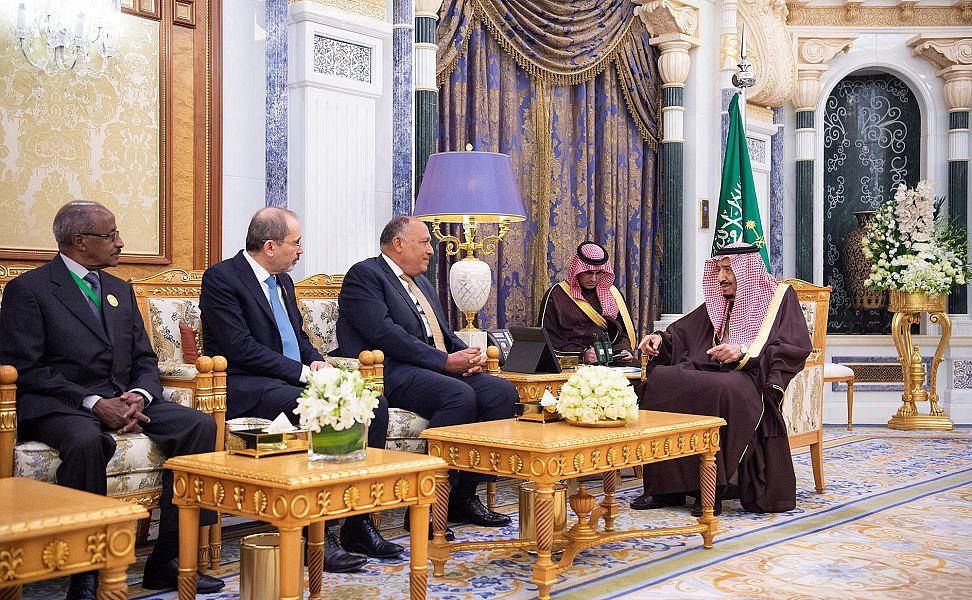
From 1763 until 1971, the Persian Gulf Residency — an official colonial subdivision of the British Raj — maintained peace across much of the Gulf. The thin red line of empire meant that the UK maintained varying degrees of political and economic influence over several states in the region, including the present-day UAE (formerly the Trucial States), and at various times Bahrain, Kuwait, Oman and Qatar.
With the region’s security of ever-greater concern, and the UK increasing its military presence in response, there is a growing case for the Gulf states to consider membership in the Commonwealth of Nations.
The second-largest international organization in the world, consisting of 53 countries, the Commonwealth is equivalent to more than 20 percent of the world’s land mass. It provides an important channel for cooperation and ever-closer union between members. Though it does not have a multilateral trade agreement per se, research shows that trade with another Commonwealth member can be up to 50 percent more than with a non-member.
With the Gulf countries keen to grow their economies, secure all-important foreign direct investment (FDI) and expand their trade partnerships with emerging markets, the Commonwealth could be a robust platform for them to adopt. With the UK as the premier international destination for Gulf investors, the British government would do well to further integrate its economic future with them.
The Gulf states have considerable history supporting the UK economy. During World War II, the sterling area included all of the Commonwealth except for Canada, together with some smaller countries, especially in the Gulf. Since they held foreign exchange in sterling, they protected the currency from runs.
Such financial relations have not been restricted to wartime. In the 1960s, Kuwaiti sterling reserves averted a significant financial crisis, and following the global financial crisis of 2008, substantial Qatari investment provided an important support to distressed UK assets, including major banking groups. As both sides seek financial stability, stronger relations will help improve economic fundamentals and bilateral trade.
In the ever-changing network of global diplomatic alliances, the Commonwealth has proven to be an ever-expanding and successful international organization.
Zaid M. Belbagi
Given the presence of the UK Joint Logistics Support Base in Oman, HMS Juffair in Bahrain, the headquarters of the Expeditionary Air Group in Qatar, and discussions regarding an installation in Kuwait, the British military retains a significant presence in the Gulf.
With the international community unlikely to provide a security guarantee to the tune of Operation Desert Storm in 1991, such a bilateral military relationship with the UK — strengthened by ties with Commonwealth members — is a significant opportunity for the Gulf states to forge a closer relationship with a longtime ally.
As Iranian activities continue to undermine Arab Gulf interests in Yemen, Bahrain and elsewhere, it is increasingly important for the resource-rich yet territorially small nations of the region to expand security relationships.
There is precedent for voluntary entrance into the Commonwealth. Resource-rich Brunei, with political and economic circumstances not dissimilar to the Gulf states, joined in 1984. Amid powerful neighbors and China only too ready to cast a dominating shadow over the country, Commonwealth membership has provided the plucky monarchy with a valuable diplomatic and political network.
More recently, Rwanda — once a Belgian territory — chose to join the Commonwealth so as to bolster its international ties following the Anglicization of its education system and economy. Rwanda’s successful entry led Angola’s President Joao Lourenco to express his country’s interest in joining the Commonwealth earlier this year.
With such precedent, the Arab Gulf states — as well as Jordan — are well placed to buttress their excellent ties with the UK and explore Commonwealth membership. Entry need not concern Gulf Cooperation Council (GCC) governments about a return to the days of the Persian Gulf Residency. Rather, it would be a diplomatic choice by independent and mature governments to secure their countries’ future prosperity and security.
In the ever-changing network of global diplomatic alliances, the Commonwealth has proven to be an ever-expanding and successful international organization. The UK and the GCC continue to share great successes; formalizing this relationship through entry into a larger family of nations that also consider London their second home is a logical development and diplomatic necessity.
• Zaid M. Belbagi is a political commentator, and an adviser to private clients between London and the Gulf Cooperation Council (GCC).
Twitter: @Moulay_Zaid
Disclaimer: Views expressed by writers in this section are their own and do not necessarily reflect Arab News" point-of-view










